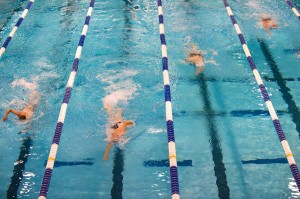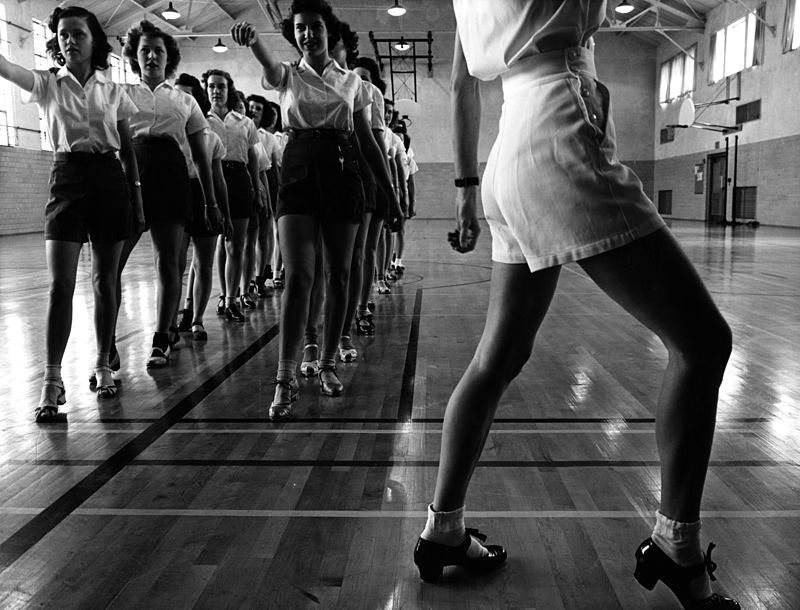Shoulda woulda coulda
Almost a year ago, I featured a post on this blog called ‘Amateur bravery’. In it, I described the joy and then intense upset and frustration of feeling useless in the face of a tap-dancing teacher who did not know how to empathise with his class, and who, in the end, prevented me from getting further than just a couple of lessons. And I wrote, too, of the extreme respect that this experience had given me for the countless dedicated amateurs that I have been fortunate enough to work with, and for, over the past few decades.
Well, the new term is upon us and I have started an American tap course at City Lit, determined to have another go and not be dissuaded from learning to do something I have always wanted to. I’ve had two lessons so far, and they have been completely and utterly brilliant. But this is one of three ‘new’ things I have tried in the last little while, and I wanted to take a little time today to consider levels of newness, and associated fears… and why it would benefit all of us involved in education to put ourselves in such situations as often as possible, to remember what these feeling are like.
 The first ‘new’ thing I started, last month, was regularly visiting the local swimming pool. No, not all that much of a big deal, you might say. But as someone who was perenially terrible at sport at school, was almost invariably last, and has managed to forge a career in which it’s basically the shoulders down (for piano playing) and the neck up (for that and everything else) that are my greatest physical assets, it actually was kind of a big deal. My regular exercise has for a long time been a lot of walking. The idea of the gym brings me out in a cold sweat. All those people, watching me make a complete idiot of myself? No thanks. So it was a low risk strategy to take myself to the pool, but nevertheless it felt like a fairly scary one on the first few visits. And what do you know: I’m not completely rubbish! Also, it turns out that no one else cares how good or bad you are unless you’re in their way. That was a major relief after school, I can tell you. So once a week, for an hour, I swim lengths and stop thinking about everything else other than moving through the water. And it’s great, and really energising… and doing wonders for my beer belly.
The first ‘new’ thing I started, last month, was regularly visiting the local swimming pool. No, not all that much of a big deal, you might say. But as someone who was perenially terrible at sport at school, was almost invariably last, and has managed to forge a career in which it’s basically the shoulders down (for piano playing) and the neck up (for that and everything else) that are my greatest physical assets, it actually was kind of a big deal. My regular exercise has for a long time been a lot of walking. The idea of the gym brings me out in a cold sweat. All those people, watching me make a complete idiot of myself? No thanks. So it was a low risk strategy to take myself to the pool, but nevertheless it felt like a fairly scary one on the first few visits. And what do you know: I’m not completely rubbish! Also, it turns out that no one else cares how good or bad you are unless you’re in their way. That was a major relief after school, I can tell you. So once a week, for an hour, I swim lengths and stop thinking about everything else other than moving through the water. And it’s great, and really energising… and doing wonders for my beer belly.
The second new thing was the decision to restart the tap lessons. On the one hand, I’d had those few lessons last year. But that was a drop-in-when-you-fancy class, and the City Lit course is a proper progressive 12-week structured programme. There are about 14 of us, in a dance studio with mirrors and bars, and several of the people there have done some tap (or at least other dance instruction) before. There is no escaping, in other words, the fact that you are being watched, and watching yourself often, and watching the progress of others around you. It’s like a room designed for three-dimensional judging. And yet it has been so much fun. The teacher is superb, the class friendly, the atmosphere warm and the feedback gentle, positive and constructive. Even when I made a complete mess of something last time, all I felt the need to do was giggle and shrug, not wish fervently that the floor would swallow me up. It’s an environment in which it’s alright to be publicly learning and practising. And that is a very precious thing.

Jack Delano, Tap dancing class at Iowa State College, 1942
The third new thing was by far the most terrifying. It involved handing over a book I’ve been writing – fictional, rather than musicolgical – to a professional author and writing mentor for their feedback. As I sat on the train on the way to the meeting, through the fog of oh-god-what-if-she-says-it’s-terrible, I was vaguely able to register that the last time I had felt so vulnerable in my work was about five minutes before I had walked into my PhD viva. And I’d had years of training on how to write a PhD, and absolutely none at all for writing fiction. Yes, I really did think she might tell me it was awful, and yes, I was bracing myself for her trying to find a way of very diplomatically telling me that it was probably best if I just kept this little hobby to myself. So it was to my utter delight and amazement that it turns out I’m not a terrible fiction writer after all. Again, I was lucky to have a truly wonderful mentor who was supportive, constructive in criticism, superbly detailed in feedback and enthusiastic about my work. I’ve still got a lot to learn… but it’s a start. A positive, encouraging start that might open new doors in the future.
Here’s the thing. I’d been swimming before – been to swimming lessons, even, although a long time prior to 2015. The worry here was public exposure of ineptitude to a group of other, mixed-ability swimmers who were there for their own personal enjoyment and progress. So the stress level was relatively low. I’d been to a few tap classes before but haven’t had any formal dance training since I was about five (and was very bad at it), the group was all there to learn the same thing, and everyone watches each other. So the stress level was higher. I’d never had any formal creative writing training, felt as if I was making a rather arrogant statement about my opinion of my own ability by just giving my work to a mentor to read, and the session was an intensely focused one-to-one on just my stuff. Here the stress level was astronomical. At a pinch, one could argue that the dancing involves needing to count, a skill that I already have from musical training – and that non-fiction writing involves an awareness of style, though a very different kind of approach from fiction writing. But these activities all felt way beyond the kind of ‘new’ experiences I might otherwise have: of teaching a music appreciation course for the first time, or working at a new music department or summer school.
If we’re not careful, and given the crazily busy structure of the working week for a full-time lecturer or teacher, the ‘new’ things we end up engaging with are all within a very closely-defined area that is not actually that new at all. And if we lose a sense of what it is to be somewhere completely unfamiliar, it’s harder to empathise with those students who struggle, who ask for help (or are even too scared to), who turn shades of scarlet as they try to explain that they’ve never had to use a particular library system before, or write in a certain format, or use footnotes, or operate the soft pedal. Plus we’ll miss out on our own opportunities to explore new things. What does it matter if we end up being rubbish at some of them? Isn’t it better to have had a go than to wish, after the fact, that you had tried? ‘Do one thing every day that scares you’, Eleanor Roosevelt supposedly advised. And actually, even if you don’t turn out to be the next major professional at that thing, being an amateur can be enormously rewarding. After all, as some wise soul once said, ‘Never be afraid to try something new. Remember, amateurs built the ark; professionals built the Titanic.’

